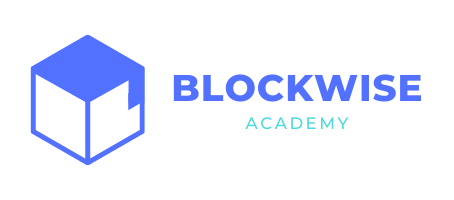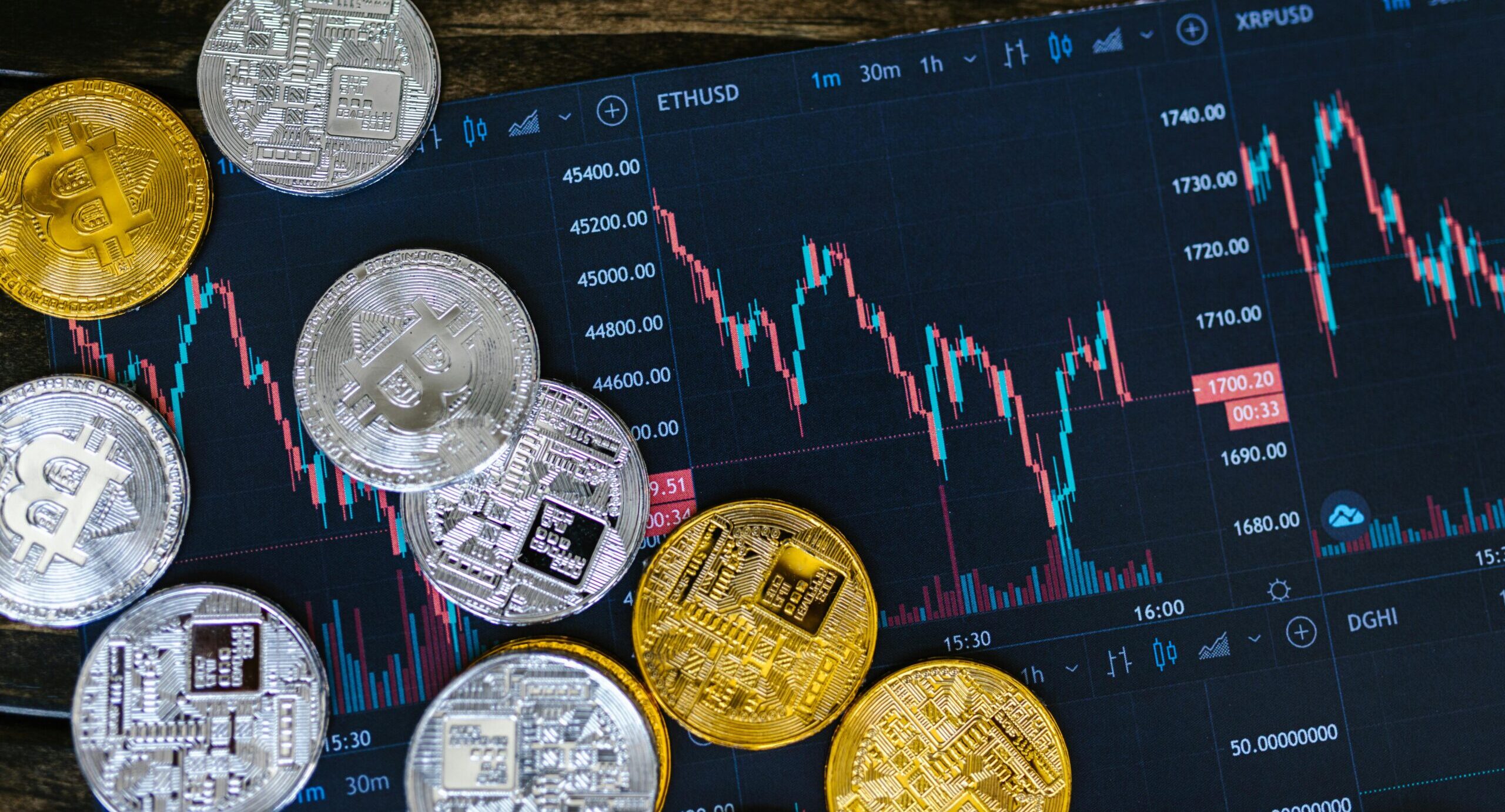BlockWise
- 11 Jun, 2024
- 0 Comments
- 7 Mins Read
Understanding Tokenization: Transforming Finance with Digital Innovation
Tokenization is more than a buzzword in the finance industry—it’s a groundbreaking technology that promises to transform traditional financial systems. In this blog post, we’ll delve into what tokenization is, how it works, and the myriad benefits it offers to finance professionals.
What is Tokenization?
In finance, tokenization is the process of converting assets into digital tokens on a blockchain. Think of it as taking something valuable—like real estate, stocks, or even gold—and creating a digital version of it. These digital tokens can then be bought, sold, or traded, just like traditional assets.
Imagine owning a fraction of a high-value property without the hassle of paperwork or geographical limitations. That’s the magic of tokenization.
The Technology Behind Tokenization
Tokenization is powered by blockchain technology, which ensures transparency, security, and efficiency. Here’s a quick rundown of the key components:
Blockchain: This is the digital ledger where all transactions are recorded. It’s decentralized, meaning no single entity controls it, which enhances security and trust.
Smart Contracts: These are self-executing contracts with the terms directly written into code. They automatically enforce and execute agreements when certain conditions are met, reducing the need for intermediaries.
Security Measures: Tokenization employs advanced cryptographic techniques to secure transactions, making it extremely difficult for hackers to alter or steal information.
Benefits of Tokenization
Now that we’ve covered the basics, let’s explore the tangible benefits tokenization brings to the table.
Enhanced Security
Tokenization significantly reduces the risk of fraud and hacking. Since each token is uniquely encrypted, tampering with the data becomes nearly impossible. Plus, every transaction is recorded on the blockchain, providing a transparent and immutable audit trail.
Increased Liquidity
One of the standout benefits of tokenization is increased liquidity. Traditional assets, like real estate or fine art, can be challenging to sell quickly. Tokenization allows these assets to be divided into smaller fractions, making it easier for investors to buy and sell their shares. This fractional ownership opens up the market to a broader range of investors and facilitates quicker transactions.
Cost Efficiency
By automating many processes through smart contracts, tokenization cuts down on transaction costs. It eliminates the need for intermediaries, such as brokers or notaries, which speeds up transactions and reduces associated fees.
Democratization of Investments
Tokenization levels the playing field, allowing retail investors to access investment opportunities that were previously out of reach. Whether it’s a slice of a luxury property or a share of a high-value commodity, tokenization enables a more inclusive financial ecosystem.
Real-world Applications of Tokenization in Finance
Tokenization isn’t just a theoretical concept; it’s already making waves in the finance industry. Here are a few real-world examples:
Real Estate Tokenization
Imagine being able to invest in a prime piece of real estate in New York without having to shell out millions. Tokenization makes this possible by allowing properties to be divided into smaller, more affordable tokens. Investors can buy, sell, or trade these tokens on digital platforms, gaining access to lucrative markets that were previously inaccessible.
Tokenized Equities
Stock trading can be complex and slow. By tokenizing equities, shares can be traded more efficiently on blockchain platforms. This not only simplifies the process but also reduces transaction times and costs.
Tokenization of Commodities
Commodities like gold and oil are also being tokenized, providing a more transparent and efficient way to trade these assets. With tokenization, traders can quickly and securely transfer ownership, improving market liquidity and reducing costs.
Regulatory Considerations and Challenges
While tokenization offers numerous benefits, it’s essential to navigate the regulatory landscape carefully.
Regulatory Compliance
Ensuring that your tokenization practices comply with local and international regulations is crucial. Regulatory frameworks vary by region and asset type, so it’s essential to stay informed about the latest legal requirements. As of June 2024, several significant developments have emerged:
- MiCA (Markets in Crypto-Assets Regulation) in the EU: The European Union has recently implemented the MiCA regulation, which aims to provide a comprehensive regulatory framework for digital assets, including tokenized securities. MiCA introduces stringent compliance requirements, including transparency obligations, consumer protections, and anti-money laundering measures.
- SEC Guidelines in the US: The U.S. Securities and Exchange Commission (SEC) has issued updated guidelines clarifying the classification of digital tokens as securities. This has significant implications for token issuers, who must now adhere to existing securities laws, including registration, disclosure, and reporting requirements.
- FATF Recommendations: The Financial Action Task Force (FATF) has updated its recommendations on virtual assets and virtual asset service providers. These recommendations emphasize the need for robust KYC (Know Your Customer) and AML (Anti-Money Laundering) measures, impacting how tokenized assets are managed and traded globally.
Legal Risks
Tokenization can introduce legal complexities, particularly concerning ownership rights, intellectual property, and jurisdictional issues. Some of the key legal risks include:
- Ownership Disputes: Tokenized assets may involve multiple owners across different jurisdictions, potentially leading to disputes over ownership rights and legal recourse.
- Intellectual Property: Tokenizing assets like art or intellectual property requires careful consideration of copyright and trademark laws. Ensuring that digital tokens accurately represent ownership rights is crucial to avoid legal challenges.
- Jurisdictional Issues: Cross-border transactions involving tokenized assets can create jurisdictional challenges. Navigating different legal frameworks and ensuring compliance with international laws can be complex and require specialized legal expertise.
Technological Challenges
Implementing tokenization requires a robust technological infrastructure. This includes secure blockchain platforms, reliable smart contracts, and effective security measures. Key technological challenges include:
- Blockchain Scalability: As the adoption of tokenization grows, blockchain networks may face scalability issues. Ensuring that the underlying technology can handle increased transaction volumes is critical for the long-term success of tokenized assets.
- Smart Contract Security: Smart contracts must be thoroughly tested and audited to prevent vulnerabilities and ensure that they execute as intended. Security flaws in smart contracts can lead to significant financial losses and damage trust in tokenized assets.
- Data Privacy: Balancing transparency with data privacy is a significant challenge. While blockchain provides a transparent ledger, sensitive information must be protected to comply with data protection regulations such as GDPR.
The Future of Tokenization in Finance
Tokenization is poised to revolutionize the finance industry, and we’re only scratching the surface of its potential. Here are a few trends to watch:
Increased Adoption
As more businesses and investors recognize the benefits of tokenization, we can expect wider adoption across various asset classes. This will drive innovation and create new opportunities for growth.
Regulatory Evolution
Regulators are beginning to understand the potential of tokenization and are working towards creating frameworks that support its growth while ensuring investor protection. This evolving regulatory landscape will play a crucial role in the future of tokenization.
Technological Advancements
Advancements in blockchain technology and security measures will continue to enhance the efficiency and security of tokenized assets. This will further boost confidence in tokenization and drive its adoption in the finance industry.
Conclusion
Tokenization is more than just a technological innovation; it’s a game-changer for the finance industry. By enhancing security, increasing liquidity, and democratizing investments, tokenization offers a wealth of opportunities for finance professionals. As the technology and regulatory landscape continue to evolve, staying informed and exploring tokenization opportunities within your organization can help you stay ahead of the curve.


